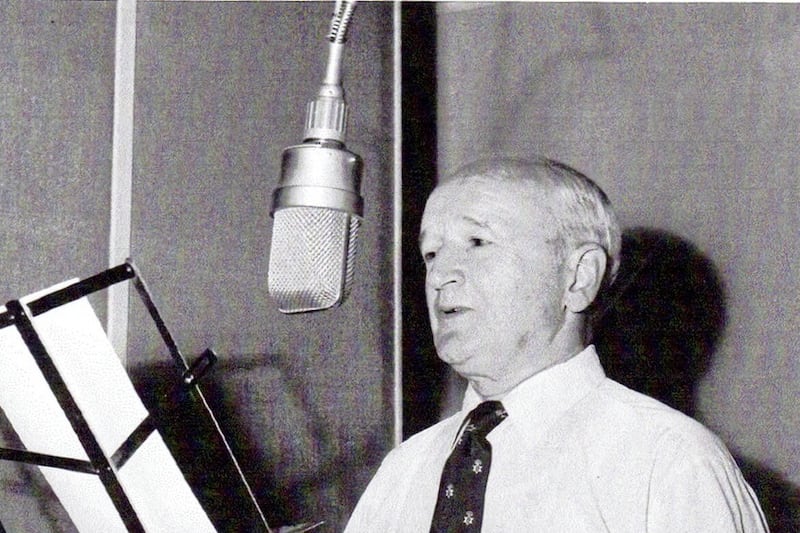WHY is modern sculpture a Cinderella art - and why are our public art versions often rubbish? The two questions may of course be linked.
Nobody who's seen Michelangelo's David could forget it.
Last week it was announced a Henry Moore sculpture of a Mother and Child, admittedly a tiny Moore, was rediscovered on somebody's mantelpiece. It may fetch £50,000 or more.
In Belfast, we have a beautiful modern sculpture, Elisabeth Frink's Flying Figures, on the side of the former Ulster Bank fronting Shaftesbury Square.
It shows two figures in free fall and may well have a religious gloss as Frink was a practising Christian. It should probably be removed to the Ulster Museum.
Actually our city's public art is pretty special. I'm a fan of the 'Nuala with the Hula', also John Kindness' splendid Bigfish. Derry's symbolic and important contemporary sculpture of the handshake near the Foyle Bridge doesn't work so well for me. But as Oscar Wilde said, the only person who likes all kinds of art is an auctioneer.
For those of us who needed counselling when Versailles finished, Bridgerton on Netflix became a happy risqué replacement and hooray, it's back with toothsome Jonathan Bailey and a Darcy moment.
If you've wondered, while admiring the costumes and indeed lack of them, whether our Regency forebears were as frisky as they're portrayed, the answer, according to experts at Castle Ward I interviewed for the Ulster Tatler, is a resounding 'yes'.
Collections and house officer Niamh Hanlon said Christmas exemplified their lifestyle: "Church attendance wasn't the focus, and Christmas was all about frivolity, un-Christian behaviour such as holding onto wealth, not giving to the poor."
They were apparently very uninhibited. "A lot of the time people were quite drunk. They even used what we would call class A drugs, like opium, laudanum and cocaine."
If the island of Ireland is primarily a written place, it's interesting poets remain as important as novelists. Pat Ramsey, a practitioner and poetry publisher, has just brought out a superb collection of his '80s poems, A Lore of Civics/Falling in Love with Bosie.
A fan of Philip Larkin, Ramsey covers some similar territory from the lyrical to the humorous. In Leaving the Room, he describes a Larkinesque ennui: "When you started out, it wasn't to be like this -/a series of accidents, chance, lulls and stasis –".
But in The Literary Life, Ramsey notes the hilarity of writing: "The easy stance,/the easy gait,/the girlfriend bored,/having to wait." If you want a copy, email pcsramsey@hotmail.com.
Breaking news: Colm Tóibín has won the Rathbones Folio Prize for The Magician, a brilliant novel based on the life of Thomas Mann (who sent a postcard to one of my grandfathers).








